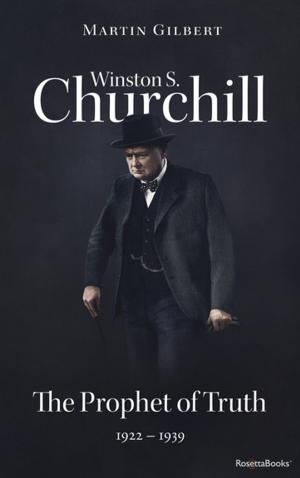| Author: | Robert Moriarty | ISBN: | 9780692855942 |
| Publisher: | Robert J Moriarty | Publication: | February 23, 2017 |
| Imprint: | Robert J Moriarty | Language: | English |
| Author: | Robert Moriarty |
| ISBN: | 9780692855942 |
| Publisher: | Robert J Moriarty |
| Publication: | February 23, 2017 |
| Imprint: | Robert J Moriarty |
| Language: | English |
Bob Moriarty's The Art of Peace is on one level an artfully composed autobiography recounting the coming of age of a young man who was to become the youngest Naval Aviator and Marine pilot in the Vietnam era. But it also accomplishes what perhaps no other book on the topic even considers - tackling how to avoid the same mistakes in the future. How can we look at things from a different perspective in order to sidestep most armed conflicts in the first place?
He writes about Vietnam, "We had no strategy other than just to fight the war. Our enemies, however, knew exactly what victory meant to them. They wanted to control their own destiny. They wanted to run their own country and had been fighting for independence since 1930..."
Sounds like something that happened in America a long time ago.
A lot of writers would take half a book to say what Moriarty converys in the last dozen pages of his book. He suggests, "Between the chaos in the Middle East and the slow motion train wreck of the world's financial system, our world is undergoing the greatest change since the Peace of Westphalia signed in 1648 that ended the Thirty Years' War...(which) essentially created the concept of a 'nation state' with sovereignty over its own territory and affairs." And set into motion the idea that you don't attack another state unless they attack you first.
Bob Moriarty's The Art of Peace is on one level an artfully composed autobiography recounting the coming of age of a young man who was to become the youngest Naval Aviator and Marine pilot in the Vietnam era. But it also accomplishes what perhaps no other book on the topic even considers - tackling how to avoid the same mistakes in the future. How can we look at things from a different perspective in order to sidestep most armed conflicts in the first place?
He writes about Vietnam, "We had no strategy other than just to fight the war. Our enemies, however, knew exactly what victory meant to them. They wanted to control their own destiny. They wanted to run their own country and had been fighting for independence since 1930..."
Sounds like something that happened in America a long time ago.
A lot of writers would take half a book to say what Moriarty converys in the last dozen pages of his book. He suggests, "Between the chaos in the Middle East and the slow motion train wreck of the world's financial system, our world is undergoing the greatest change since the Peace of Westphalia signed in 1648 that ended the Thirty Years' War...(which) essentially created the concept of a 'nation state' with sovereignty over its own territory and affairs." And set into motion the idea that you don't attack another state unless they attack you first.















